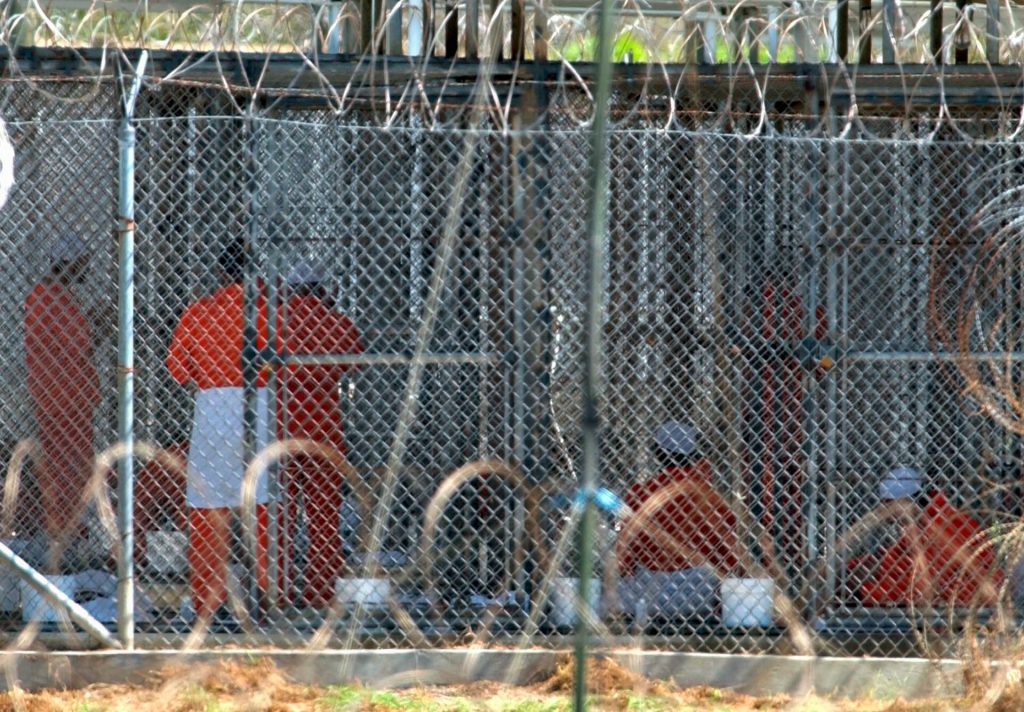The transfer of Ridah bin Saleh al-Yazidi from a US military prison in Cuba is the fourth in two weeks by the outgoing Biden administration.
The Pentagon has released a Tunisian prisoner held at Guantanamo Bay since the first day the infamous prison camp opened in 2002 without ever being charged.
Ridah bin Saleh al-Yazidi was repatriated from the United States military prison in Cuba to Tunisia on Monday, the US Department of Defense said in a statement.
The transfer is the fourth in two weeks by the outgoing Biden administration in an effort to reduce the military prison’s population, which held 40 inmates when Biden took office in 2020.
Al-Yazidi was “determined eligible for transfer by a rigorous interagency review process.”
“On January 31, 2024, Secretary of Defense (Lloyd) Austin notified Congress of his intent to support this repatriation and, in consultation with our partner in Tunisia, we met the requirements for responsible transfer,” the Pentagon said.
Al-Yazidi, 59, was never charged with a crime by the US and was approved for extradition more than a decade ago, but no deal with the Tunisian government has been made so far to bring him home.
Pakistani soldiers captured al-Yazid near the Afghan border in December 2001 and he was suspected of being an al-Qaeda fighter, The New York Times reported.
Twenty-six detainees remain at Guantanamo Bay with 14 eligible for transfer, the statement said.
Three prisoners are eligible for a periodic review of their status, seven are currently involved in the military commissions process and two prisoners have been convicted and sentenced, he added.
Al-Yazidi was taken to the prison on the day it opened on January 11, 2002, to house prisoners captured during the US’s so-called “war on terror” after the September 11, 2001 attacks.
Located on the US military base in Cuba, the prison operates under a legal system led by military commissions that do not guarantee the same rights as traditional US courts.
Released prisoners sometimes spend years at Guantanamo while Washington looks for places to take them after they are released, with some governments unwilling to take them back in or out.
Guantanamo Bay once housed about 800 detainees, many of whom initially spent time in secret CIA locations known as “black sites,” where some were tortured under a program of “enhanced interrogation” authorized by the administration of former President George W. Bush.
The facility became a permanent symbol of US abuses during that era. President Barack Obama, who succeeded Bush, promised to close the facility, but that failed largely due to legal technicalities and domestic political opposition.


